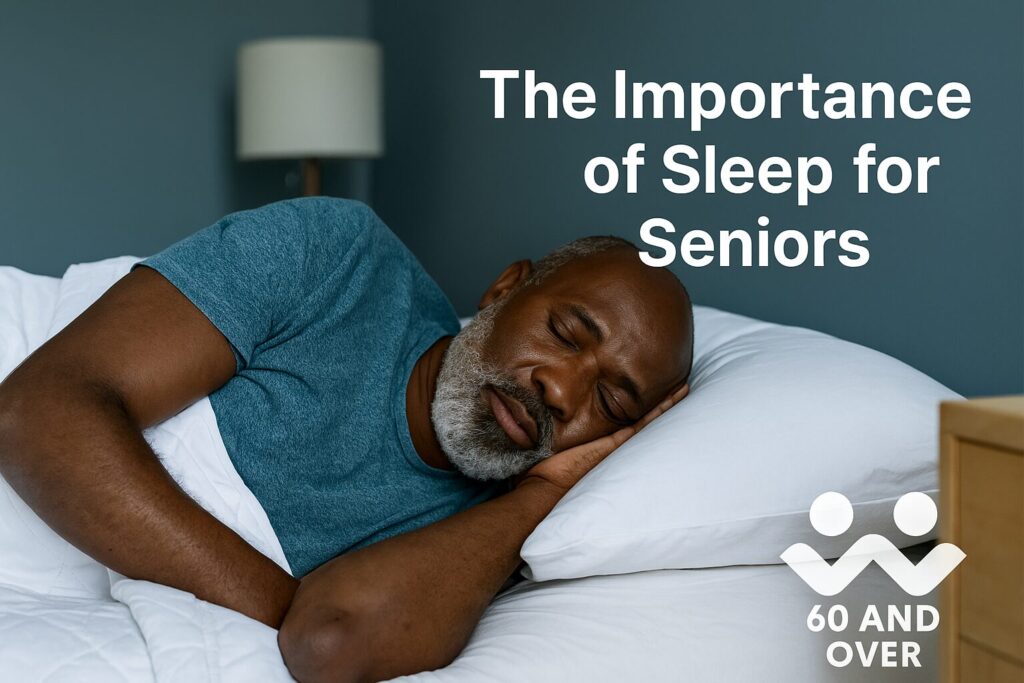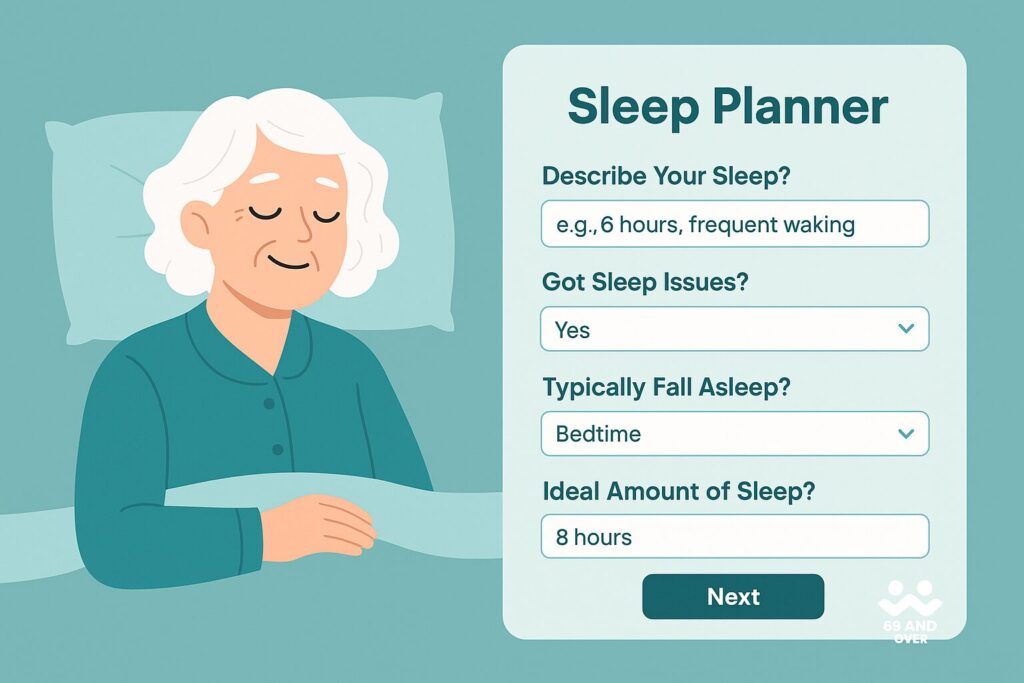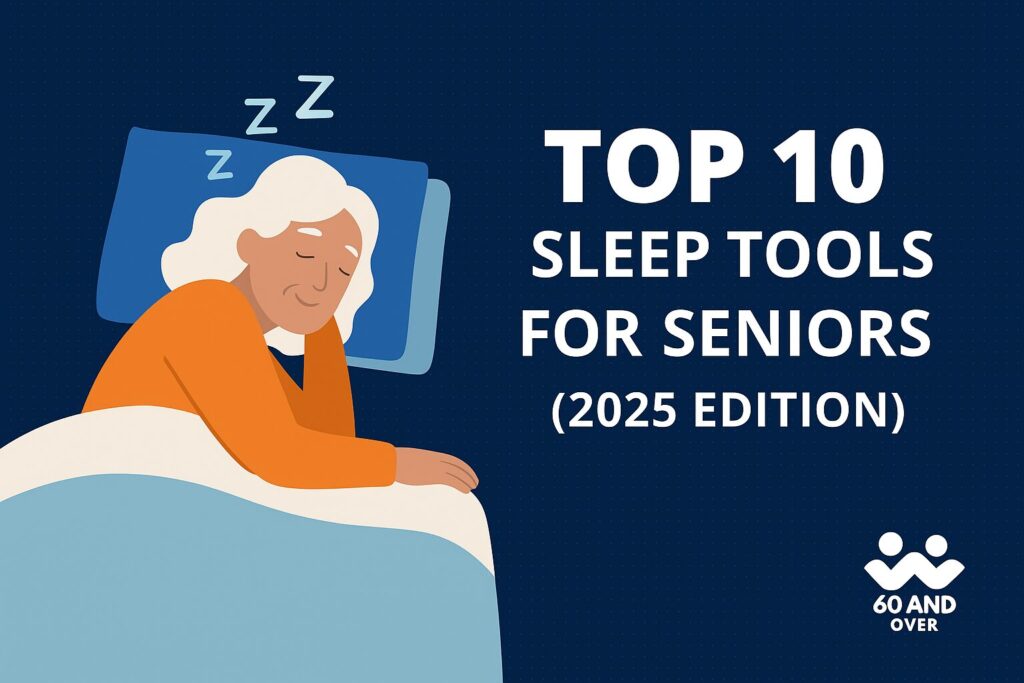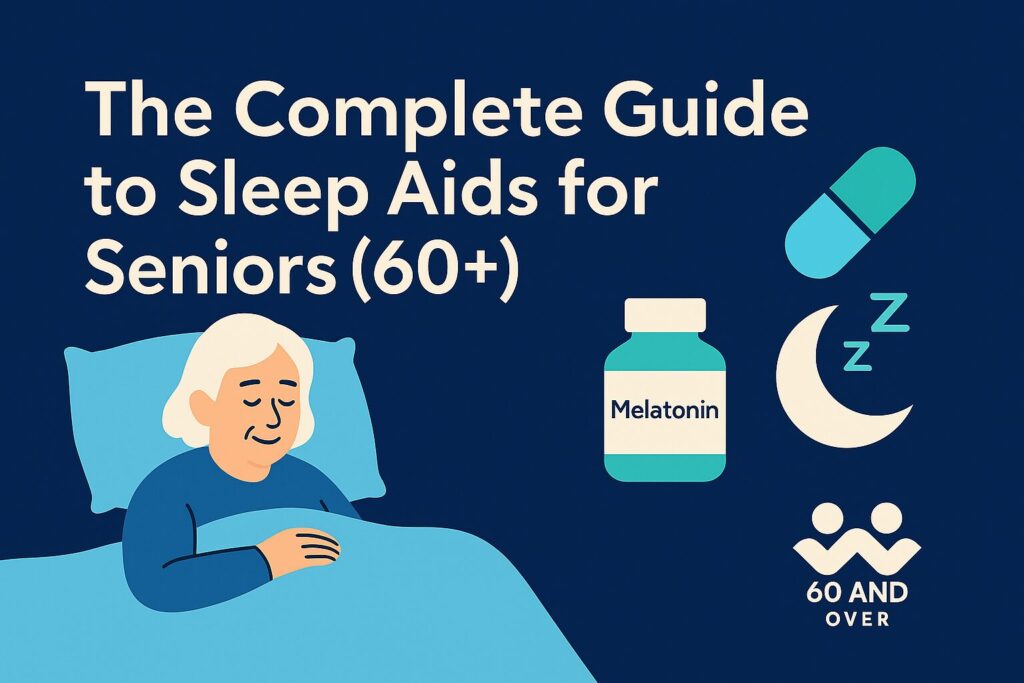The Right Types of Movement for Deeper, More Restful Sleep
For adults over 60, sleep problems are common. Many seniors experience lighter, more fragmented sleep or find themselves waking up too early. While medication and supplements sometimes play a role, one of the most effective and natural tools for better rest is exercise. The right types of physical activity, done at the right time of day, can help older adults fall asleep faster, stay asleep longer, and wake feeling more refreshed.
Why Exercise Supports Better Sleep
Exercise benefits sleep in several ways. First, it helps reduce stress and anxiety, two major contributors to insomnia. Second, it raises body temperature during activity, and the drop afterward encourages deeper rest. Third, it supports the body’s circadian rhythm by promoting natural energy during the day and sleepiness at night. For seniors, exercise is also linked to improved heart health, muscle strength, and mental well-being, all of which indirectly contribute to better sleep.
Best Types of Exercise for Seniors
Not all movement is created equal when it comes to sleep. Seniors benefit most from moderate, safe, and sustainable activities.
Walking
One of the simplest and most accessible forms of exercise, walking improves circulation, reduces stress, and supports healthy weight management. Even 20 to 30 minutes a day can improve sleep quality.
Swimming or Water Aerobics
Water-based activities are gentle on the joints, making them ideal for older adults with arthritis or mobility challenges. These workouts improve cardiovascular health and help relax muscles, leading to easier sleep.
Yoga and Tai Chi
Mind-body exercises combine gentle movement with relaxation techniques. Both yoga and tai chi have been shown to reduce stress and anxiety while improving flexibility and balance. Practicing in the late afternoon or early evening can help transition the body into a state of calm before bedtime.
Light Strength Training
Building muscle through light resistance training improves overall physical function, which can reduce aches and pains that interfere with sleep. Strength training also boosts metabolism, which helps regulate energy during the day and promotes restorative rest at night.
When to Exercise for Better Sleep
Timing matters. Exercising too close to bedtime can leave some people feeling too energized to fall asleep. Seniors usually do best when they schedule workouts in the morning or afternoon.
- Morning workouts provide exposure to natural light, which helps regulate circadian rhythm.
- Afternoon exercise helps reduce stress and promotes better evening relaxation.
- Evening workouts should be light and calming, such as stretching, yoga, or tai chi, rather than vigorous activity.
How Much Exercise Is Enough?
The general guideline for older adults is at least 150 minutes of moderate activity per week, or about 30 minutes a day on most days. This can be broken up into shorter sessions, such as two 15-minute walks. Even smaller amounts of daily movement make a noticeable difference in sleep quality.
Exercise Safety Tips for Seniors
Seniors should exercise with safety in mind, especially if they have chronic health conditions or limited mobility.
- Start slowly and build up gradually.
- Wear supportive shoes to prevent falls.
- Stay hydrated before and after exercise.
- Consult a healthcare provider before starting a new exercise routine, especially if there are existing heart or joint concerns.
Exercise and Specific Sleep Problems
Different sleep issues may benefit from tailored approaches.
- Insomnia: Regular aerobic exercise has been shown to reduce the time it takes to fall asleep.
- Restless Sleep: Gentle stretching or yoga can help calm the nervous system.
- Sleep Apnea: Weight loss through exercise can sometimes reduce the severity of sleep apnea.
- Daytime Sleepiness: Morning activity combined with natural light exposure helps increase alertness.
Conclusion
Exercise is one of the most effective natural sleep aids available to seniors. It improves sleep quality by reducing stress, balancing the body’s natural rhythms, and promoting physical comfort. Whether it’s walking, yoga, swimming, or light strength training, the right kind of movement after 60 can make nights more restful and days more energetic. Seniors who commit to regular activity often find they need fewer sleep medications and feel healthier overall.
FAQ: Exercise and Sleep After 60
Q: What kind of exercise helps seniors sleep best?
A: Walking, swimming, yoga, tai chi, and light strength training are among the best exercises for improving sleep in older adults.
Q: How often should seniors exercise for better sleep?
A: Aim for at least 150 minutes of moderate activity per week, or about 30 minutes most days. Even smaller amounts of daily movement can improve sleep quality.
Q: Is it safe for seniors to exercise in the evening?
A: Light activities such as yoga or stretching are safe and can support better sleep. Vigorous exercise too close to bedtime, however, may interfere with falling asleep.
Q: Can exercise help with sleep apnea?
A: Yes, weight management and improved cardiovascular health through exercise can sometimes reduce the severity of sleep apnea.
Q: Should seniors talk to a doctor before starting a new exercise routine?
A: Yes. It’s important for seniors, especially those with chronic health conditions, to consult a healthcare provider before beginning a new fitness program.





